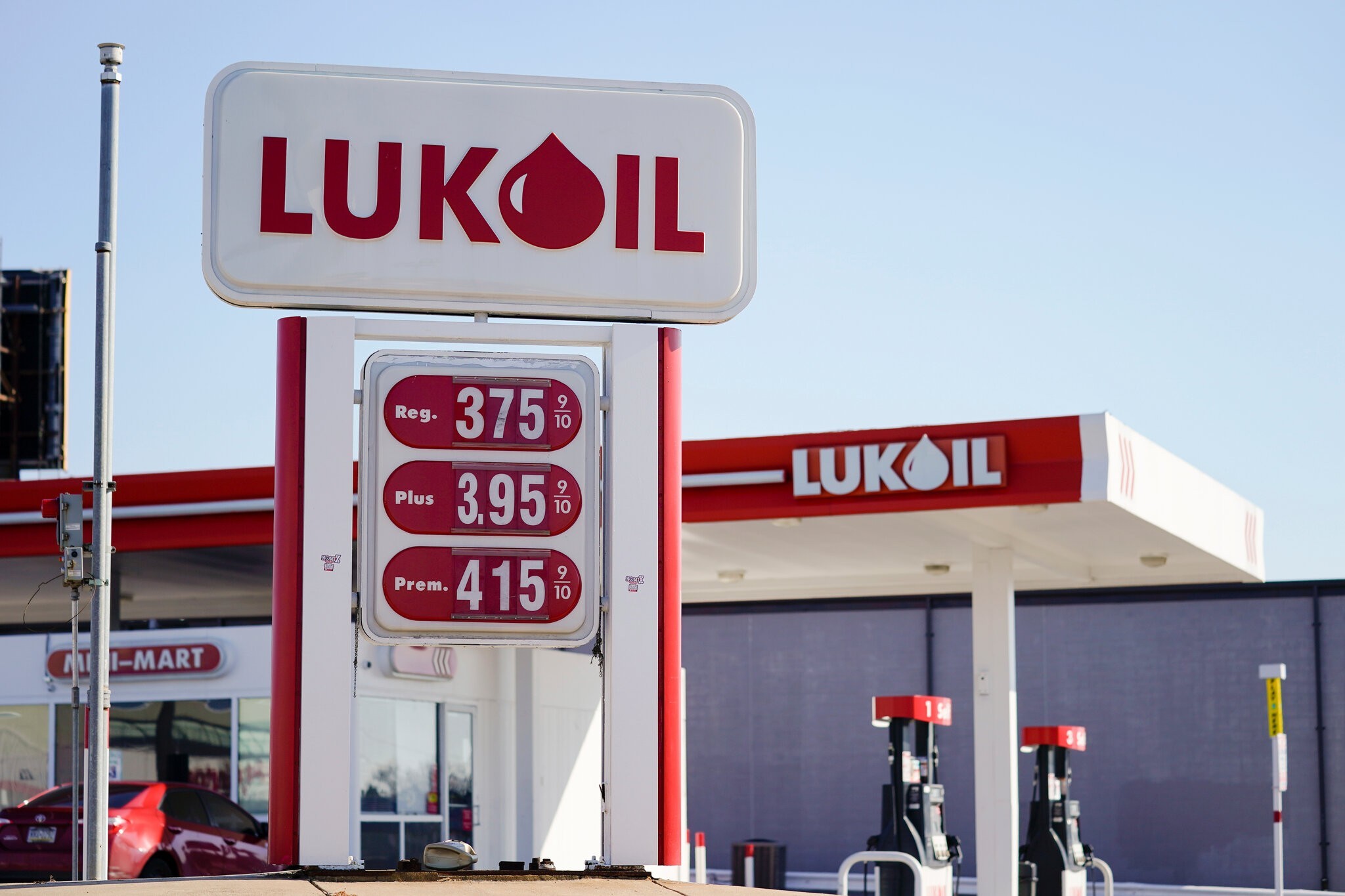Shortly after Finance Minister Asen Vassilev told the Financial Times (FT) that there was interest in buying the Burgas refinery, Lukoil denied it.
“LITASCO SA”, which is the main shareholder in “Lukoil Neftohim Burgas”, has not received offers for the sale of the refinery. Therefore, at the moment Litasco is not in negotiations on this issue,” the company’s position states.
And more:
“Litasco has not appointed any public or private entity to look for potential buyers or conduct sales negotiations on its behalf.”
“Lukoil Neftohim Burgas is a company based in a member country of the European Union and is owned by the Swiss company ‘Litasco’. According to European legislation on the protection of private property, as well as established business practices, any intention to purchase an asset belonging to another company must first be discussed between the counterparties and only then with the authorities of the country where the assets are located”, added by “Litasco”.
Earlier this week, the FT published a story on Bulgaria’s decision to introduce a “Russian gas transfer” tax as the country tries to limit Russian energy supplies to Europe and get rid of its own long-term addiction. Asen Vassilev was quoted as saying: “There is probably an economic benefit to the change of ownership of the refinery. We have indications of interest.”
The Finance Minister also says that Sofia will maintain a series of punitive measures on the refinery until new owners come on board. The recently imposed 60 percent profit tax on Lukoil-Neftohim’sprofits will be reduced to just 15 percent after the sale – and in the meantime, there will be a mandatory upgrade to prepare the refinery to efficiently process lighter non-Russian crude, worth over 500 million euros.
The news caught Bulgaria off guard, as Vassilev has never articulated such a claim in the country. On the same day, however, Prime Minister Nikolai Denkov had to comment on it. “Interest in Lukoil Neftokhim has been expressed for several months now from various countries. The question is to what extent this interest can be completed with the purchase of the refinery by another company. At the moment it is not yet clear. There is interest, but the decision on whether or not the refinery will be sold depends on the current owner Lukoil Bulgaria and the respective potential buyers. I would not like to comment anything further until there are specifics on real intentions. When it comes to such a large asset, there are quite a few stages before a successful final deal is reached,” Denkov said in the Council of Ministers in response to journalistic questions.
However, the topic was transferred in the meantime to the presidency. Yesterday, President Rumen Radev again used the opportunity to speak to journalists to criticize the authorities. “The secret preparation of the sale of Lukoil, announced first in foreign media, is an indicator that the change is happening in the dark,” said Radev. He also pointed out that decisions on such a strategic issue for the country are made without the public being informed, without dialogue and without analyzing the consequences. “The rulers owe an answer to what fate they foresee for the Bulgarian refinery, for the thousands employed there, for the Burgas region, for our national energy and economy,” the president also pointed out.

